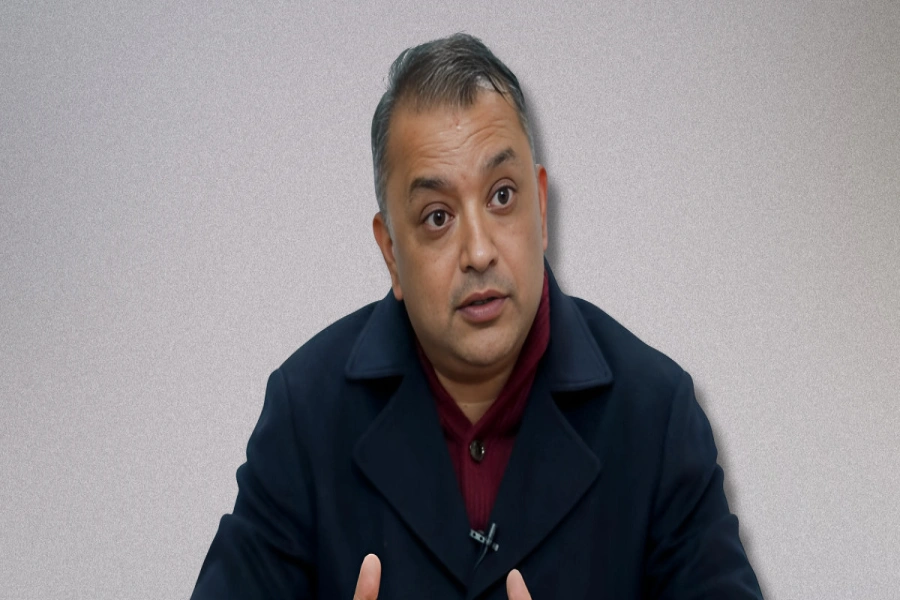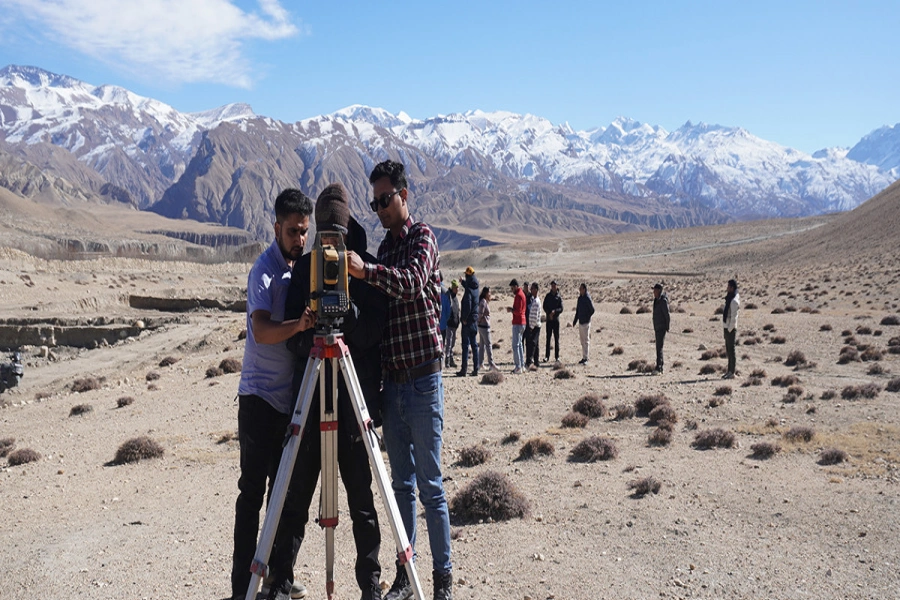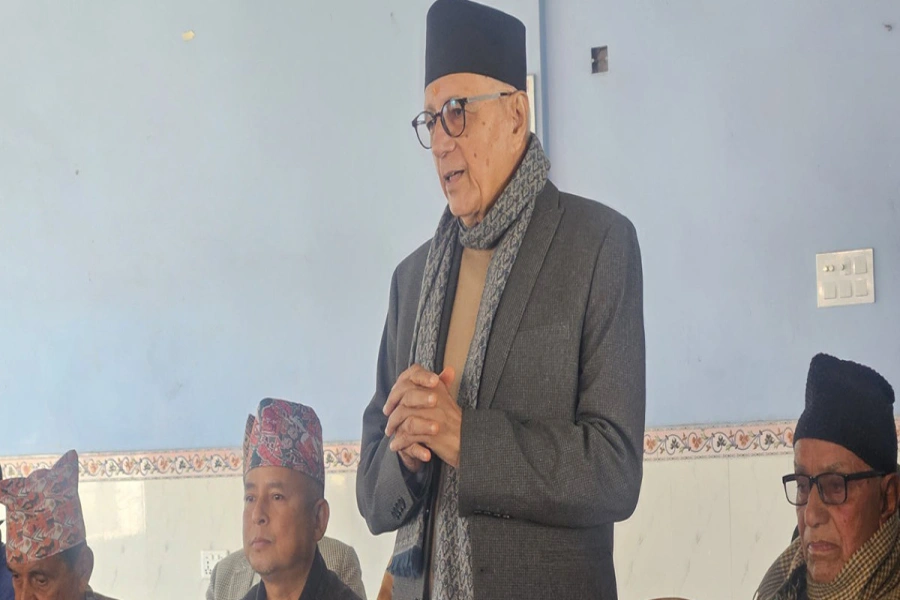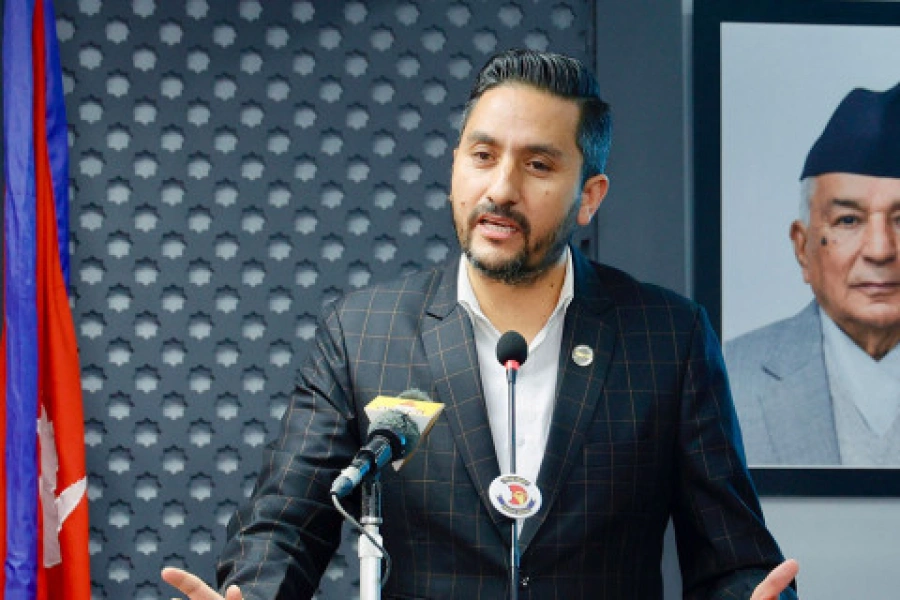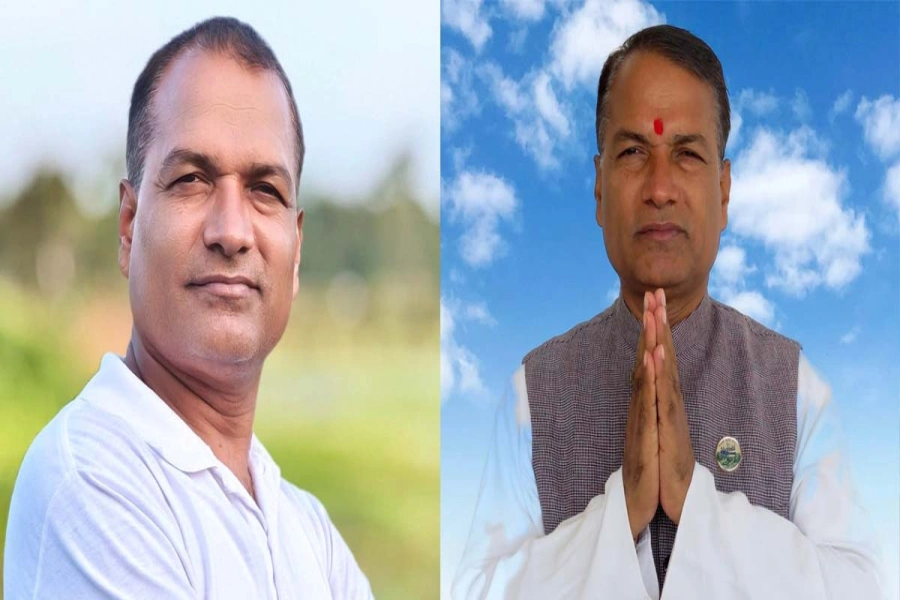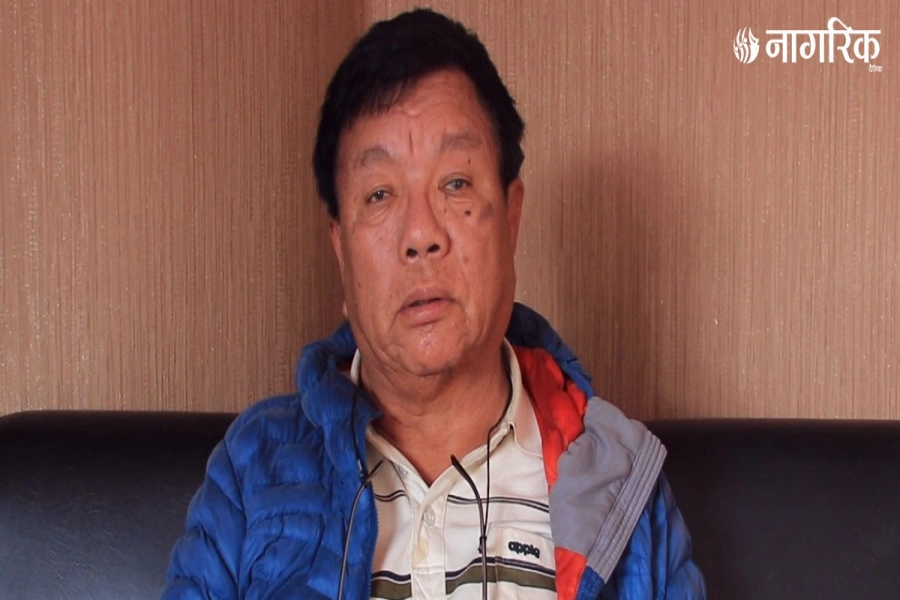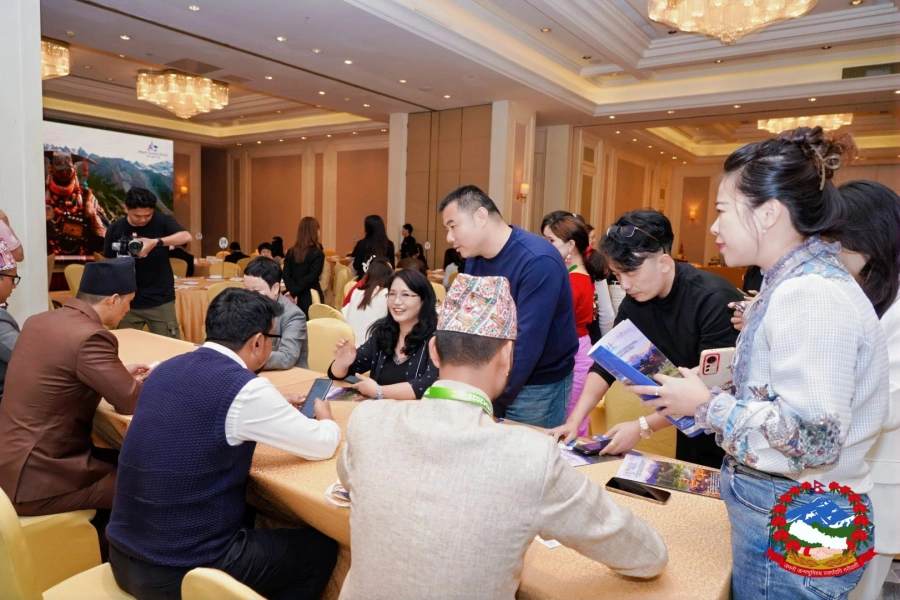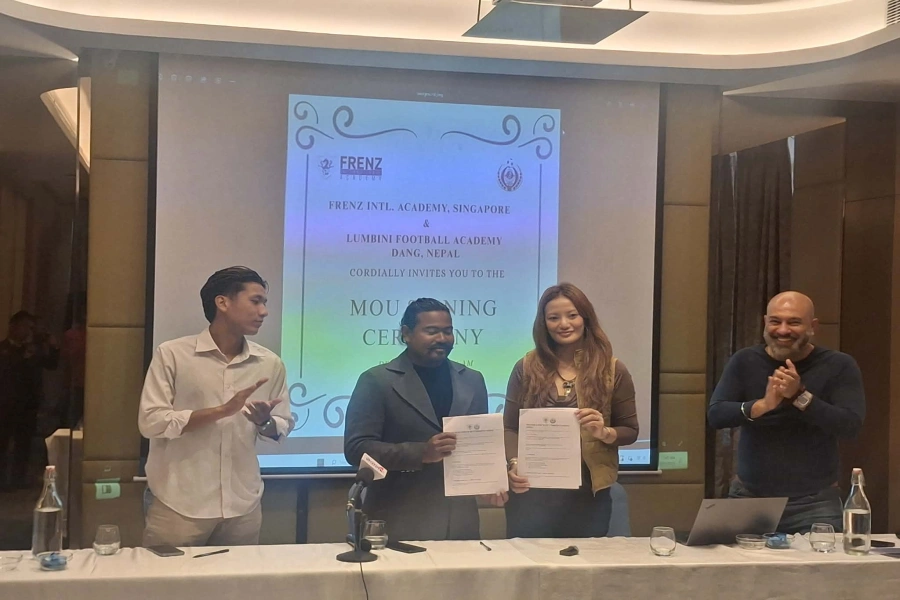The restructuring debate is not going to go away soon
Let me put aside question of whether the constitution amendment bill, which should have been registered in the parliament already but which has been held in abeyance as of this writing, will pass or whether CPN-UML will support it. But given the complexity of the issues involved, any government would have only one practical way out: float a proposal that in form seems to address key concerns but in reality does not solve anything.
Blaming ruling Nepali Congress and Maoist Center of ‘giving too little,’ or pointing fingers at CPN-UML for resisting efforts to give ‘more’ to Madhesh will only help agitating forces impress on their constituencies that they failed because hill rulers were adamant.
Consider revision of provincial boundaries. Altering boundaries in ways that make any province completely ‘locked’ by another province in the south is like tampering with hornet’s nest. Except in Province 2, which is already comprised of Tarai-only districts, there is no demand for province comprising only plains districts. Kailali and Kanchanpur are already volatile. The proposal to adjust these two districts in Tharuhat province led to over a month of violent protests in the Far-west in 2012. Social and emotional attachment to idea of ‘undivided Far-west’ is such that no leader is in a position to speak against it.
Same goes for Jhapa, Morang and Sunsari. The proposal of a future Federal Commission to decide the fate of these disputed districts is only a strategy to defer the boundary dispute for as long as possible. Besides, the idea of a powerful commission is not new.
Article 295 of the constitution already provides for a Federal Commission to “furnish suggestions with regard to the demarcation of the provinces.”
Thus to impress that something is being done, ruling parties have resorted to another equally difficult task: tampering with Province 5. They have chosen to create Tarai only province by incorporating the plains stretching from Nawalparasi to Bardiya and shifting Arghakhanchi, Gulmi and Palpa to Province 4. This has been met with strong resistance.
The concern of agitators is valid because this will take away from them the biggest industrial hub of Mid-western Nepal bordering India: Bhairahawa. Neither people nor the political leaders (if they care even a little about their political future) are going to support this idea. Like the failed attempt to take away Kailali and Kanchanpur from Province 7, it is bound to fail. Even people of Banke have expressed serious reservations over the idea of ‘separating’ the Madhesh from Pahad.
To believe leaders and people of Province 5 will agree to concede the only industrial hub bordering India to another province is naive. Naturally, a question arises: For whom is Province 5 being altered?
The amendment bill proposes to allow foreign women married to Nepali men to get naturalized citizenship after renouncing citizenship of their home country. Legally, this is a non-issue. Nepal Citizenship Act (2006) already has this provision: “A foreign women [sic] married to a citizen of Nepal desiring to obtain citizenship of Nepal,” it says, “shall have to submit an application in the prescribed form to the designated officer. On submitting such application she has to produce… evidence to show the initiation of procedure for renunciation of own’s foreign citizenship.”
As for barring naturalized citizens from key executive posts, the constitutional requirement for naturalized citizens to have lived in new country for certain years to become eligible for constitutional positions is common to most countries. Madheshi leaders including Upendra Yadav and Hridayesh Tripathi seem to realize this. So they have also started to say this is not their demand.
So do not be surprised if Madheshi forces agree to go ahead with the amendment. A Republica colleague mentions one influential Madheshi Morcha leader telling him: ‘We do not want all of our demands addressed right now, for we will then have no agenda for the upcoming election. If some of our demands remain unfulfilled, we will get an excuse to tell the people ‘look we fought for your rights and we will keep fighting. This is why it is important for you to vote for us this time as well.’
The argument smacks of dishonesty. But frankly the whole political process since we embarked on republican set up has its roots on deceptive maneuverings.
Federalism first. The 12-point pact, which is hailed as the mother agreement of all those that followed, had no mention of federalism. The 2006 Comprehensive Peace Agreement committed to “forward looking restructuring of the state by resolving the prevailing problems related to class, ethnicity, regional and gender differences.” Late Girija Prasad Koirala had to concede “federal governance system with autonomous provinces including the Madheshi people’s aspiration for an autonomous Madhesh state” in deals with Madheshi forces primarily because federalism had been used as a bargaining tool for Constituent Assembly elections. GPK chose election over resistance.
The problem got worse after Madheshi forces interpreted it to mean pura Madhesh (entire Madhesh province). Madheshi Morcha walked out of the CA even as deliberations on province delineation were taking place. It was followed by violent protests in Madhesh and the cruel Indian blockade. The rest, as they say, is history.
Supporters of federalism argue that demarcation dispute has festered due to lack of political commitment, or tendency of the political leaders to secure their electoral constituencies in future provinces. It is also said we took up this difficult task without first agreeing on standards and broader theoretical and policy framework. This is only partly true. In fact, we have discussed virtually all imaginable options in the past ten years.
The Committee on State Restructuring and Allocation of State Powers of CA I had proposed viability (that included economic interrelationship, the status and potential for infrastructure development, availability of natural resources; and administrative feasibility) and identity (ethnicity, language, culture, geographical and regional continuity and history) as basis for province creation. But our geographical and cultural make up is such that if you try to demarcate a province based on viability, you will have to set aside identity issue. You cannot ensure economic viability if you focus on identity and vice versa.
This is why no matter how many times you revise the boundaries this debate is not going to go anywhere. You cannot expect a different result when you are repeating same mistake again and again. I have not met a single leader who believes federalism can be successfully implemented. Now parties have constitutional obligation not to speak against federal system. So they will not speak against it in public. But this does not change the reality.
Madheshi forces and their supporters used fabrications to spread the disenfranchisement myth. But these myths are being busted. The claim that women from across the border married to Madheshi men will be deprived of citizenships has been proved false.
Thousands of such women have already got naturalized citizenships after the constitution promulgation.
The dispute was never about whether to provide citizenship to foreigners married to Nepalis. It was more about whether such citizens should be entitled to top political posts.
While such are ground realities, the rule of the game is again shifting to singling out CPN-UML as root cause of all evils and projecting it as obstructionist to constitution amendment. Madheshi forces were at it since the beginning of constitution making.
Nepali Congress and Maoist Center have joined the bandwagon just in case there is election tomorrow. They have started to say to Madheshis: ‘We wanted to address all of your concerns but UML did not allow’.
The more federalism dispute lingers, the more the parties will get to use it for their electoral gains.
Time will come when parties will admit federalism was a mistake and it should not have materialized. Time will come when those who have made federalism appear as one and only panacea to all ills will stop doing so. The only consolation to conscientious observers is all fabricated claims will be proven false and actors who promoted this idea will be proven wrong.
Movies that capture the essence of Greek tragedies

Twitter: @mahabirpaudyal




